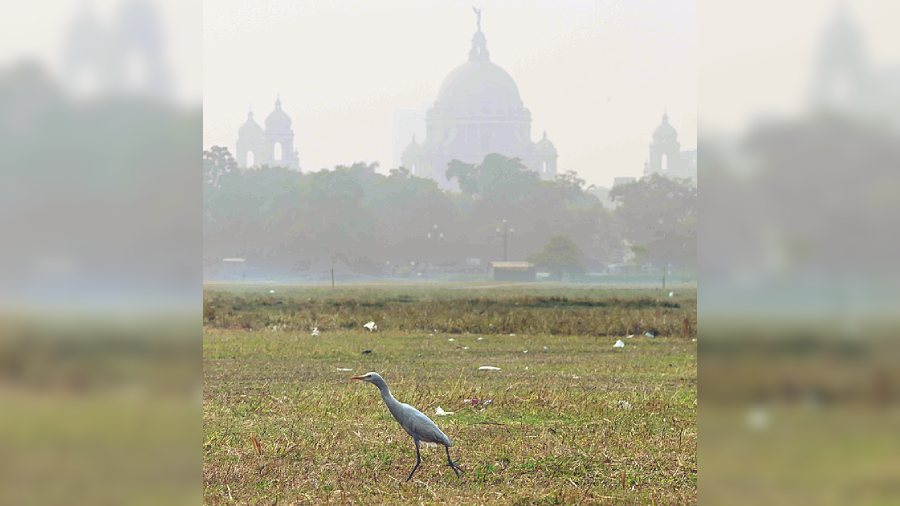The weather is cooler than what it was a month or so ago and it has not rained for weeks, but dengue has not disappeared from Kolkata.
Public health experts say the lingering spell of the disease underlined why the fight against dengue has to be a year-long effort.
On Thursday, Bengal reported 62 dengue cases, according to the state health department.
On November 8, 932 dengue cases were detected across Bengal and 6,114 tests were conducted.
Several hospitals in Kolkata still have dengue patients admitted, though the numbers have come down.
Thursday’s minimum temperature was 16.3 degrees Celsius, a notch above normal. Kolkata has not received rain for several weeks.
“Accumulated rainwater is not the only place where the Aedes aegypti mosquito, which transmit the dengue virus, can lay eggs. In urban areas like Kolkata, there are construction sites where freshwater accumulates. Freshwater also accumulates in homes. These are potential mosquito breeding sites,” said an expert at National Vector Borne Disease Control Programme in Delhi.
“Dengue cases being prevalent at this time of the year shows preventive measures are not enough. A year-long vector-control programme is required to curb dengue.”
The RN Tagore International Institute of Cardiac Sciences had four dengue patients admitted on Thursday. No dengue patient was admitted to the hospital over the past three days, said R. Venkatesh, COO, east and south, of Narayana Health, which runs the RN Tagore hospital.
“A month or so ago, we had around 20 dengue patients,” Venkatesh said.
Ruby General Hospital had two dengue patients on Thursday, said Subhasish Datta, general manager of the hospital.
AMRI Hospitals had five dengue patients admitted at it’s three units in Salt Lake, Mukundapur and Dhakuria. The last patient was admitted three days ago, said an official of the group.
Little more than a month ago, around 70 dengue patients were admitted in the three units of AMRI.
Doctors said some of the dengue patients were in need of prolonged spell of hospitalisation.
“Elderly patients at times require prolonged hospital stay because the platelet count takes time to rise,” said Chandramouli Bhattacharya, infectious disease expert at Peerless Hospital. The hospital had nine dengue patients admitted on Thursday.
“In case of young patients, the platelet count after reaching the lowest point starts improving in a day. But for elderly patients, the count remains at the same level after touching the lowest point for three to four days before starting to rise,” Bhattacharya said.
